COVID's impact on mental health; Milwaukee psychologist shares his story
COVID's impact on mental health; Milwaukee psychologist shares his story
As we near three years since the start of the pandemic, we are learning new information about the mental toll from COVID-19.
MILWAUKEE - As we near three years since the start of the pandemic, we are learning new information about the mental toll from COVID-19. But not all communities, namely communities of color, are open to getting mental health help.
"So in the beginning, you quarantine. We were real strict with those things. I thought everything was OK," said psychologist R. Kweku Smith.
Smith works with athletes across the country – including in Milwaukee. In November 2020, the helper of so many found that he needed help.
"Everything was virtual. So I would come in here to do my work day. But I would find myself sitting in this chair here, going to sleep from 10 to 2. Oh, that's not healthy. It's the middle of the day. So, I called in. Something's not right," Smith said.
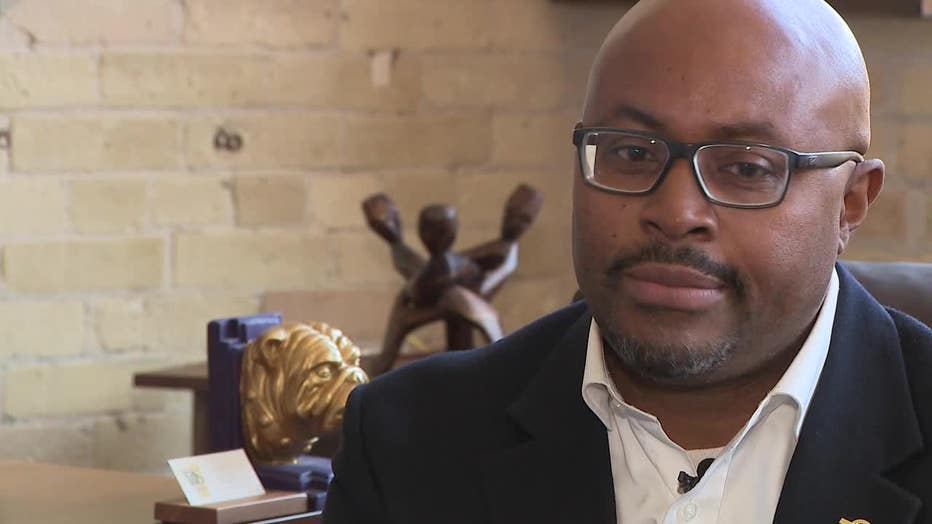
R. Kweku Smith
It was early in the pandemic – before COVID-19 vaccines or anti-viral meds – and long before the diagnosis of "long COVID."
"I'm feeling very fatigued and there was this explosive weight gain. It wasn't just COVID," Smith said.
"Multi-system inflammatory syndrome" is a condition linked to COVID-19. It affects different body parts. In Smith's case, his hand and ankle became severely inflamed – which led to several surgeries following by weeks of grueling physical therapy.
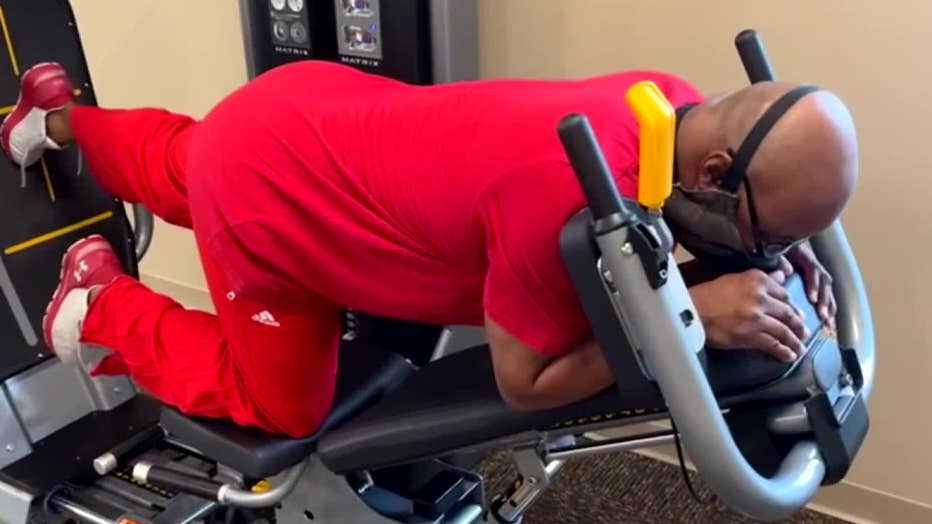
"There was a cognitive fog, and specifically for what I do, that became the scariest part," Smith said.
What is becoming clearer now is COVID's impact on mental health. Researchers are learning how the virus changes the brain.
SIGN UP TODAY: Get daily headlines, breaking news emails from FOX6 News
Some post-COVID conditions include:
- Depression
- Stroke
- Anxiety
- Memory disorders
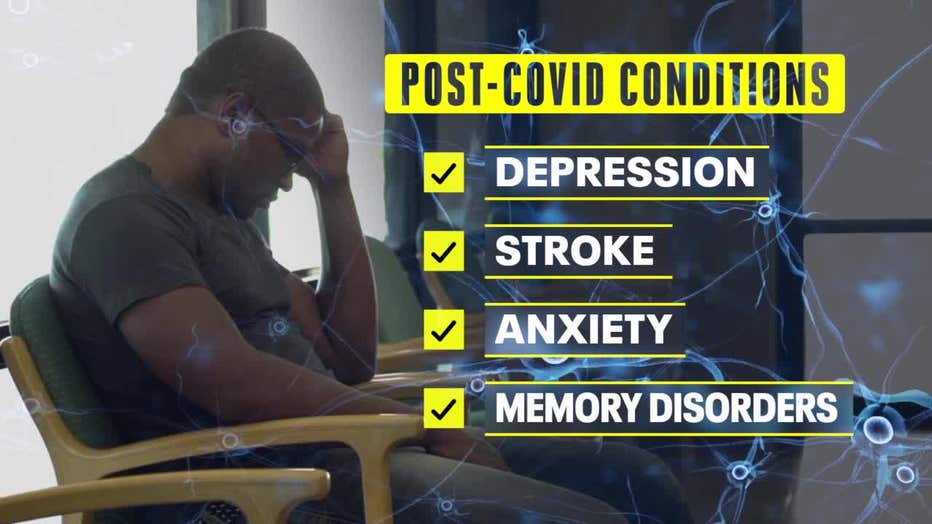
"Everything that made me, me was starting to deteriorate -- and working with athletes – you want to stay in a way that they respect you physically. My body wasn't looking like that. So it becomes scary. What am I going to do? Is this the worst it's going to get," Smith said.
Smith said despite his training as a licensed mental health professional, he did not readily see he was struggling with COVID depression.
"Mental health has such a stigma. Specifically, when you are in this position. You say, I have all the answers. I have it together," Smith said.
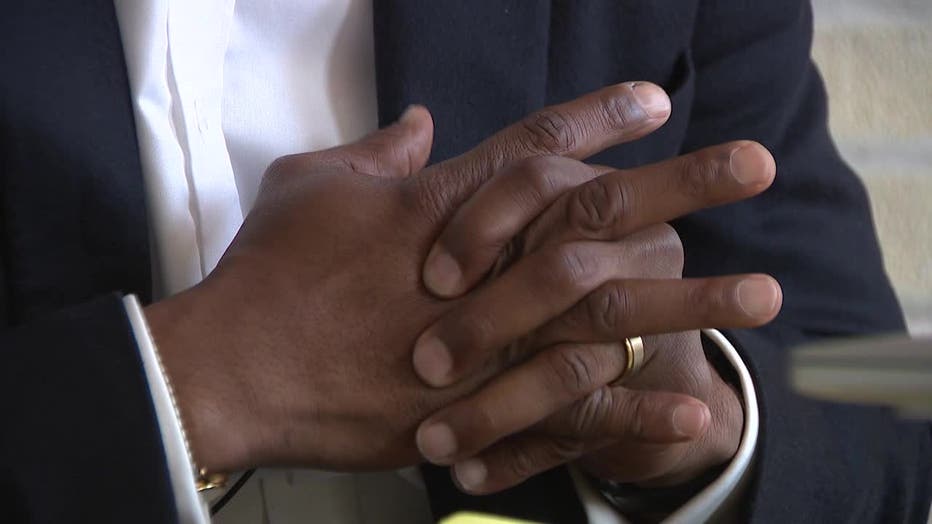
The most important thing Smith wants to share is to seek help – and surround yourself with a solid support system.
"The first thing I did that was humbling, was went to my doctor," Smith said. "It's important to have people around you to push you in ways you can't push yourself."
For things you can do, doctors recommend exercise because it boosts the brain's mood-boosting chemical, serotonin. Start simply by taking a walk. Doctors say you should also maintain a healthy diet and get adequate sleep. Lastly, set aside a few moments in each day to meditate. Choose a quiet place to focus what you are doing – be aware of your thoughts.
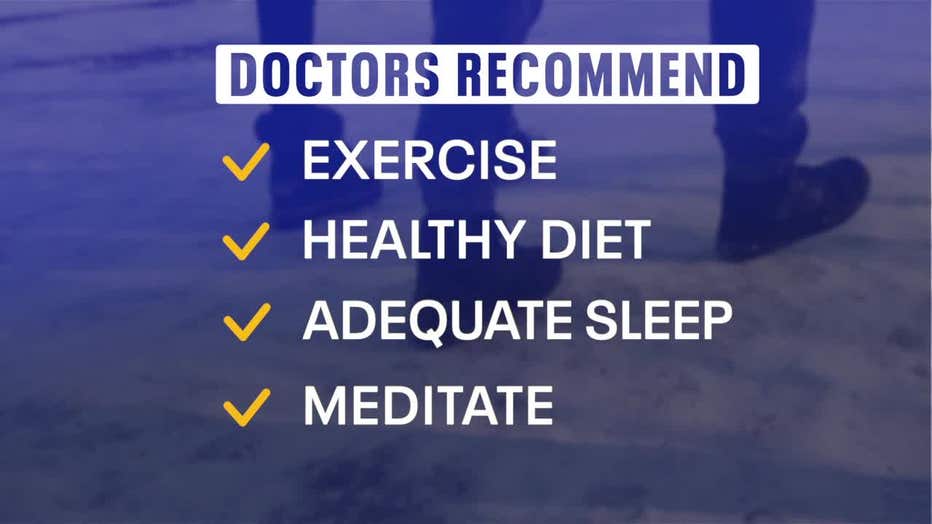
"What am I going to do to get better mentally? What am I going to read/not read, watch? Who am I going to be around?" Smith asked.
Smith said this Thanksgiving was the first time since his illness that he felt like himself.
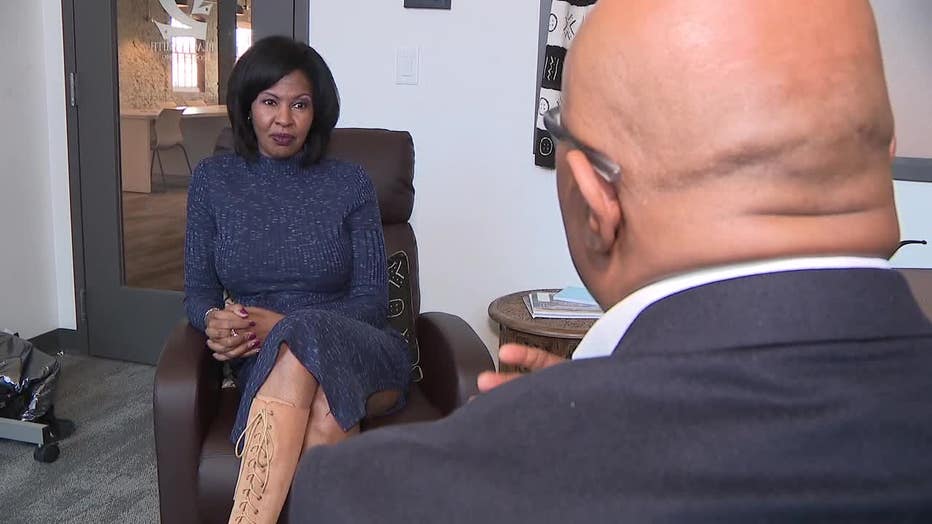
"Oh, it definitely took COVID. Like I said, we are conditioned to keep going; keep moving," Smith said.
As Smith slowly gets back to doing what he loves, he reflects on the journey that got him here – and what is next.
"One of the things my grandmother taught me – the best way to heal is to give back to others," Smith said.
FREE DOWNLOAD: Get breaking news alerts in the FOX6 News app for iOS or Android
Researchers say it is not clear how long it takes to move through COVID depression. Every person is different. If your depression does not get better, you are urged to reach out to mental health or telehealth services that have expanded during the pandemic.

